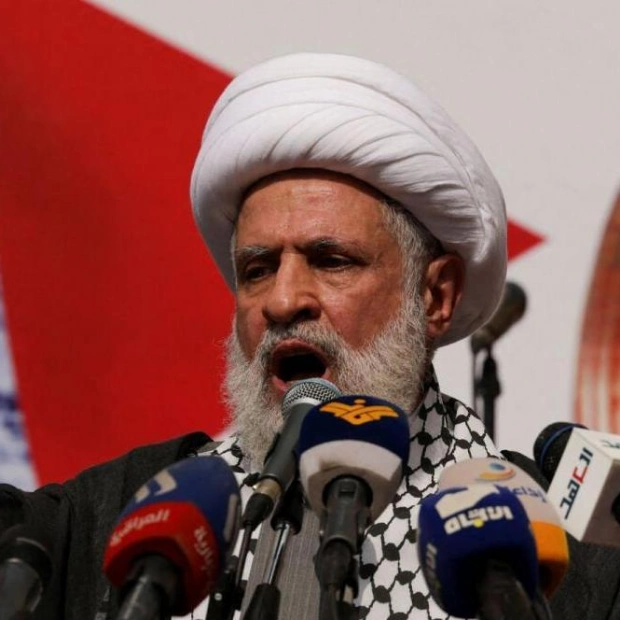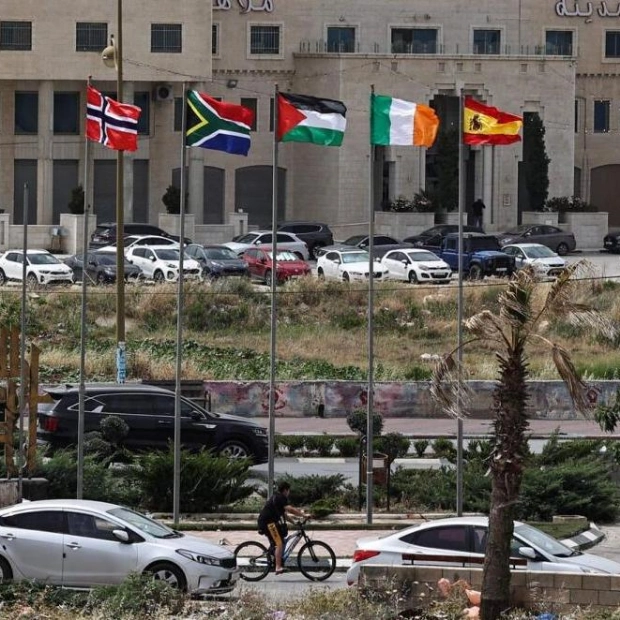Proposed changes to the football regulator that would prevent clubs from being sold to nation states are set to be presented to the House of Lords, as the legislation returns to parliament this week. Nineteen amendments to the football governance bill have been proposed by Fair Game, an organization comprising 34 men’s clubs advocating for a more sustainable approach to managing the national sport.
Other proposed changes include incorporating a human rights component into the owners’ and directors’ tests and mandating the disclosure of the source of an owner’s funds. The text of the proposed amendment on state ownership states: “The Bill must exclude the possibility that an owner of a club could be a state or state-controlled person or entity.” The football governance bill was reintroduced by the Labour government last month and will undergo its formal second reading in the Lords on Wednesday.
While the focus of the bill remains largely unchanged from its initial draft by the previous government, there have been some shifts in emphasis. This includes the removal of a clause requiring the regulator to consider the government’s foreign policy objectives before making decisions. Fair Game now seeks to emphasize stricter criteria for club owners, with the regulator conducting assessments of potential owners as part of its duties.
“The secretary of state, Lisa Nandy, and the DCMS [the Department for Culture, Media and Sport] have enhanced the previous Bill put forward by the last government,” said Niall Couper, the founder and CEO of Fair Game. “However, there is still room for improvement to ensure the regulator has the necessary authority.” Fair Game aims to ensure that fair financial flow is a top priority and seeks assurances that the regulator cannot be influenced by vested interests, as well as guarantees that clubs receive the support they need.
Fair Game is urging the Lords, where the bill will have its second reading, to consider their concerns and implement the necessary changes. “This is a once-in-a-lifetime opportunity to get this right for our national game. It has to be seized.” Fair Game believes its proposals have increasing support among peers, who can suggest amendments to the bill as it progresses through parliament. Amendments must be approved by both chambers before they can be added to the bill, but with a substantial Labour majority in the Commons, MPs may be more open to changes that emphasize an owner’s integrity.
Concerns about state ownership in football often stem from the potential distortion of competition, but the possibility of human rights violations has also raised alarms. In 2020, Amnesty International called on the Premier League to address sportswashing and include a human rights assessment in its owners’ and directors’ test. In 2023, the Premier League updated its test to include “a new disqualifying event for human rights abuses,” which is not present in the regulator’s proposed test.
Other suggested amendments to the bill focus on the distribution of finances within the football pyramid. Fair Game argues that the bill should be amended to ensure the regulator works to “close the growing financial gap between divisions, rewarding well-run clubs and providing adequate compensation for player development.” Another proposal suggests that the regulator should have the unilateral power to activate its backstop to enforce a financial settlement on the Premier League and EFL, a power currently held only by negotiating parties.
Source link: https://www.theguardian.com






